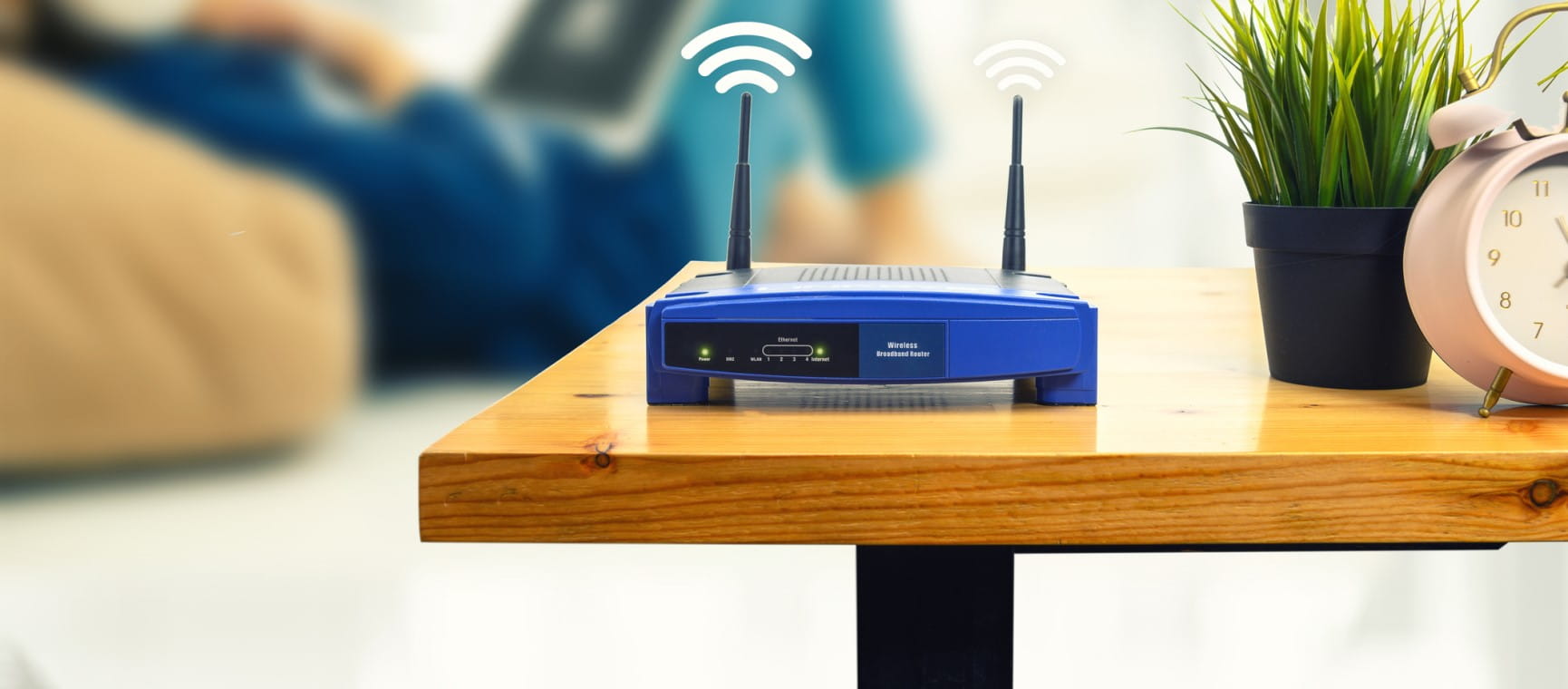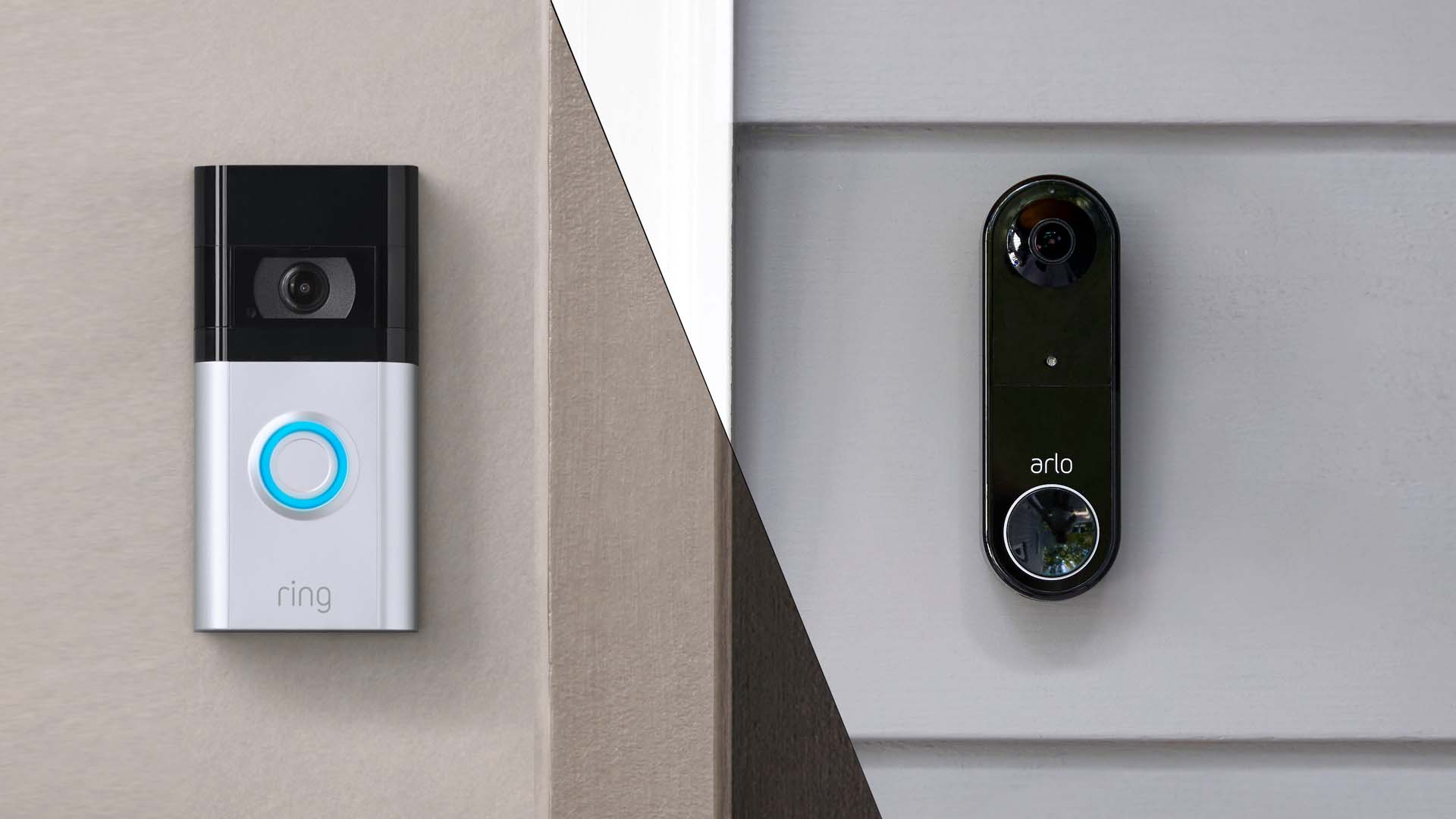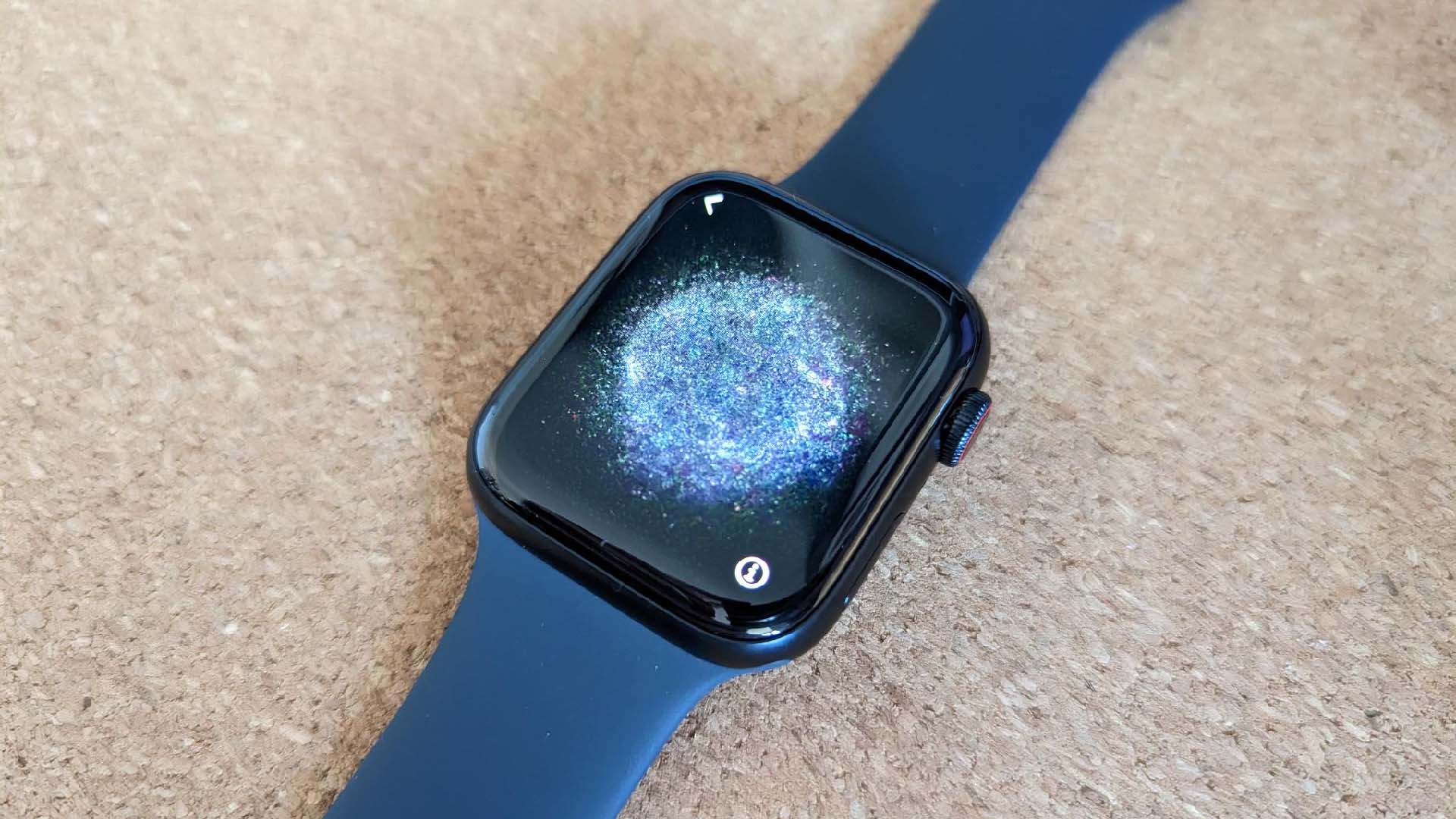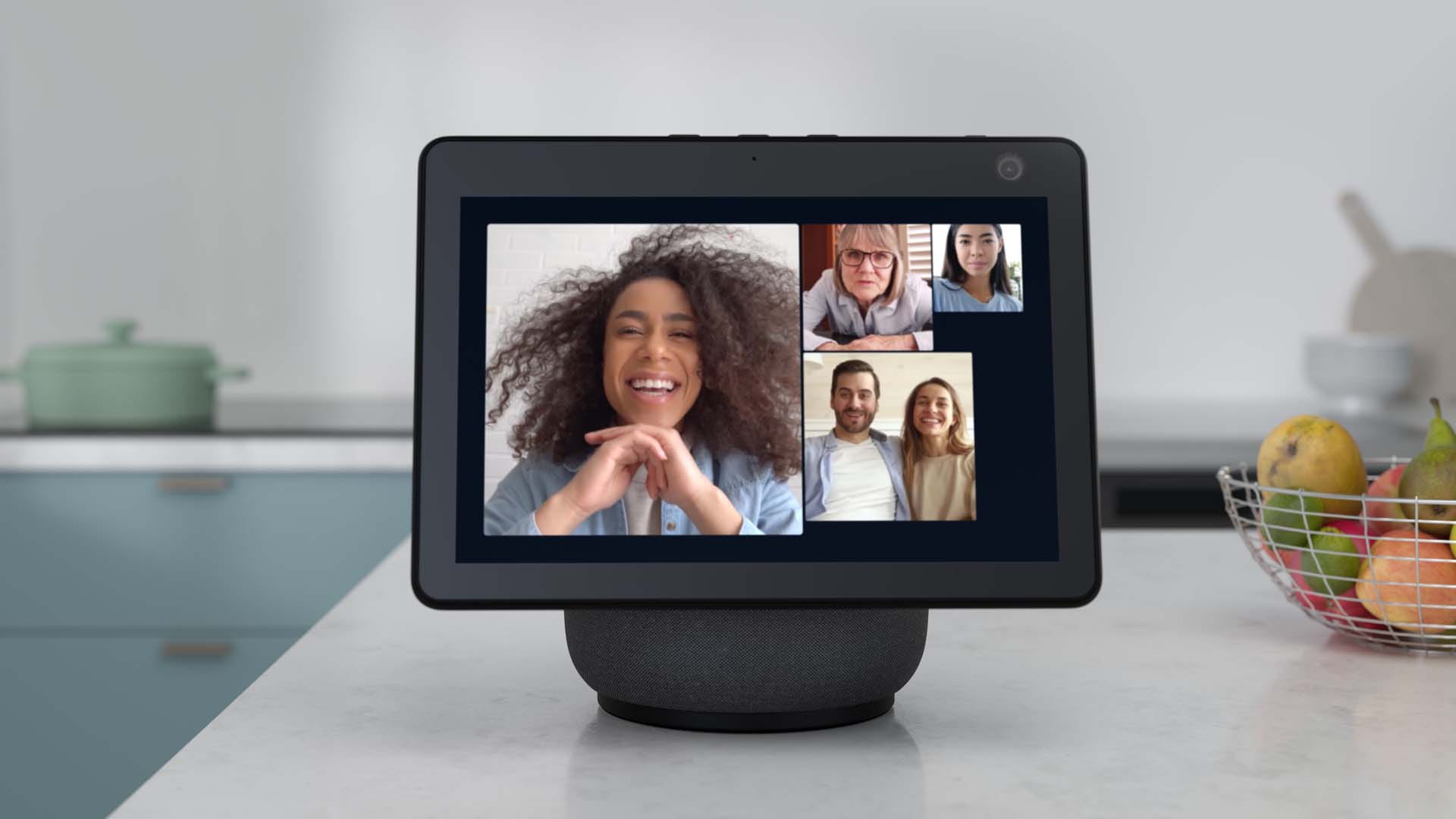Wordle: get to grips with the viral word guessing game
Find out more about Wordle the daily word game which has taken the world by storm, with a simple guide on how to play it.

Find out more about Wordle the daily word game which has taken the world by storm, with a simple guide on how to play it.

Wordle is the internet-based word game that has taken the world by storm.
If you’ve seen your friends sharing strange rows of yellow and green square icons on their social media feeds and wondered what the blazes is going on you aren’t alone. Wordle, the simple, easy to play daily word game, has rocketed in popularity since it was released in 2021.
The game has managed to unite people in times of both success and exasperation, depending on how tricky that day’s word is.
Daniele Saccardi, language expert at Preply, says “it’s so encouraging to see so many people enjoying and interacting with language online. Wordle has been a surprise online hit, and anything that gets people thinking about language, and challenging themselves is definitely welcome.”
The game was created by software engineer Josh Wardle, who made a prototype back in 2013, before finessing the game specifically for his partner to play as part of their morning routine. Wordle has since become an online sensation, with online searches for the word increasing by 2180% in the UK alone.
Wordle’s popularity did not go unnoticed, with the New York Times snapping up the popular game for an undisclosed seven-figure sum.
“It doesn’t take long to play, which makes it perfect for our age when people have short attention spans,” said the New York Times’ crossword editor, Will Shortz.
Wordle is a free daily online word guessing game. Each day a new five letter word appears on the website. You have six opportunities to guess the word. For every guess you will be told whether any of the letters you used are the right letter in the right place (they go green) or the right letter in the wrong place (they turn yellow). The tiles of letters that aren’t used at all stay grey.
Once you’ve guessed the word you can share to your own newsfeed – friends won’t see the word (spoiling it for other players is a major no-no!) but will see how quickly you got it right. There are serious bragging rights to be had for getting the word within a couple of guesses.
Once you’ve done the daily puzzle Wordle will save your statistics, including how many times you’ve played, the percentage you got right, your current streak, max streak and your guess distribution. It will also include a countdown to the next word.
If you’re after more of a challenge then Wordle has you covered. Go to the settings (the cog in the corner) and switch on ‘hard mode’.
In Wordle’s hard mode you must use the correct letters you have discovered in your next entry.
The key to success is being smart with your starting words, and the internet has theories.
In a video that has since been viewed millions of times, Linguisticdiscovery on Tiktok suggests E, A and I are the most common vowels in the English language, and T and R being the most common consonants. It's suggested starting word is ‘irate’.
Also on Tiktok Tokbyzeb, suggests starting with ‘roate’ and then trying ‘linds’.
Cambridge mathematics professor Tim Gowers suggested using vowel-heavy words such as ‘tripe’ and ‘coals’ to get started.
Adieu is a popular starting word, as are other vowel-heavy words such as about and audio.
Saccardi says "It’s interesting to see the many theories appearing about the best word to use as a first guess in Wordle, as people are engaging with language theory, and how words are formed, but it’s all being done in an enjoyable and accessible way.
"And remember, the only tip that really matters when you’re playing Wordle is to enjoy it. That said, I always start with ‘email.’”
Generally any vowel-heavy word is a good bet for your opening strike, so play around and try different words. Some players prefer to stick to more personal first guesses, choosing to start with meaningful or lucky words.
Some say it’s more fun just to wing it and put on whichever word takes your fancy that day. Whatever your method, the main thing is to enjoy yourself.
We've got the most popular starting words and what your Wordle guess says about you.
If you’re close to the final word but you can’t quite grasp it help is at hand.
The Free Dictionary allows you to browse words that ‘start with’, ‘end with’ and ‘contains’, so if you have a few of the letters but are completely stumped it might help to put in the letters you have and browse their list for five letter words.

Ingenious speakers, brilliant earbuds, nifty note takers - our expert picks his top tech gifts.

Electric models are set to dominate the market next year, including a flood of budget Chinese brands.

How breaking my phone ruined one of the best nights of my life - and the expert lessons that will help you avoid my mistakes

New to podcasts? Here’s our straightforward guide to finding them, playing them and enjoying them.

The EVs you should consider before the new electric vehicle road tax comes into force.

As the use of contactless soars, our columnist asks what can be done to prevent discrimination against those still wanting to use cash.


Follow our step-by-step guide to find out your internet speed - and whether it’s your device or broadband that’s slowing you down.

These video doorbells show you who's at your door, even when you aren't home.

We explain everything you need to know to connect an iPhone to an Apple Watch.

Think you know how to use WhatsApp? We've got some handy tips to help you get the most out of the messaging app.
